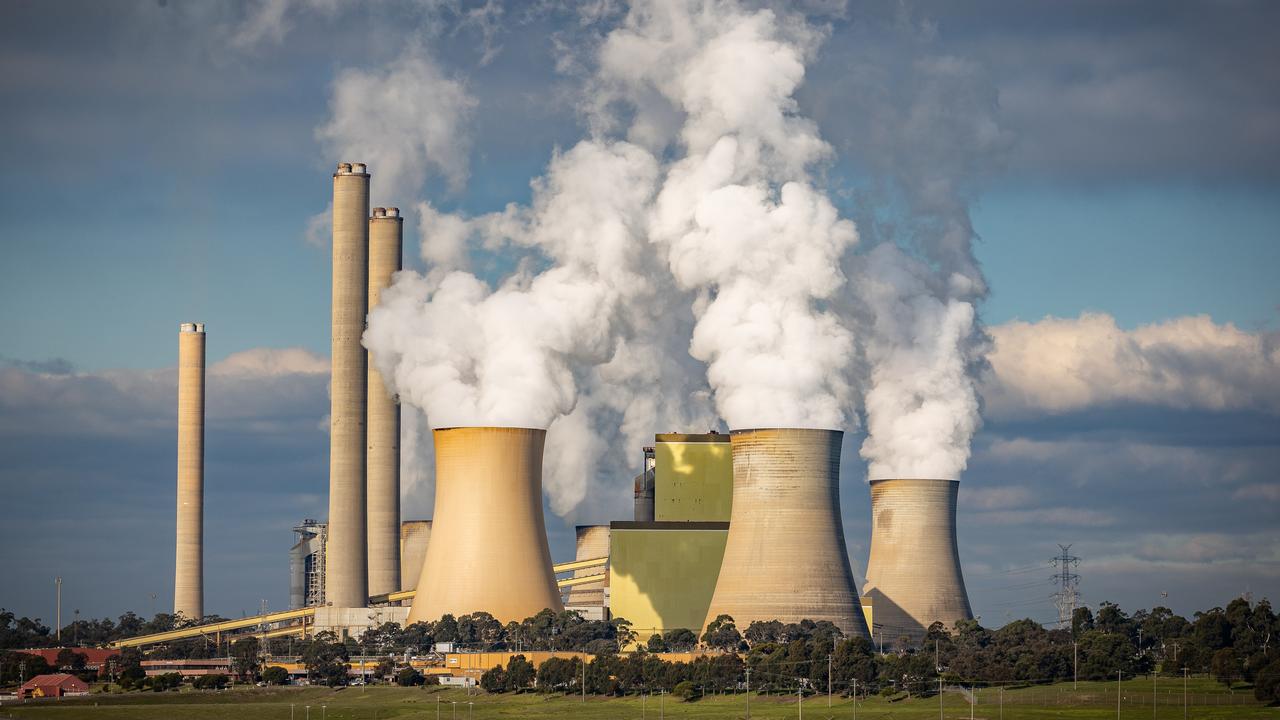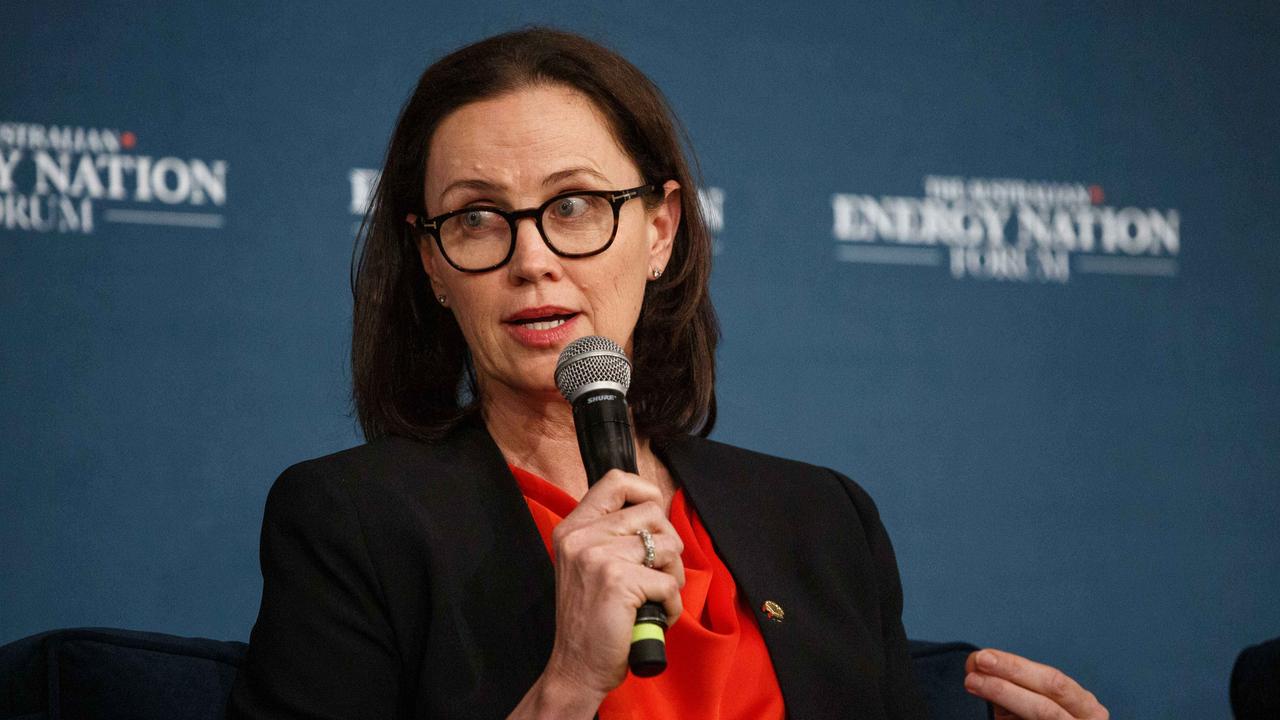Why CEO’s are not yet ready for Peter Dutton’s nuclear disruption
For business, nuclear represents a solution to a problem that is set to be solved by the time the first reactor is switched on.

Nuclear might be a potent political disrupter, but business is a long way from warming to Peter Dutton’s grand vision.
The entry of a large government-backed entity with commercially questionable motives pumping more power into the grid (optimistically) in 15 years, threatens to put serious complication over the long-term investment case and billions being allocated by energy players.
What is needed is policy certainty for the likes of Origin and AGL and many other private sector players and big investors to have the confidence to commit their funds to the expensive job of rewiring the nation’s grid. The latest nuclear salvo doesn’t help.
Origin Energy’s Frank Calabria, for one, is well down the path with a commitment to build up to 5GW of wind, solar and battery capacity. Speaking at The Australian’s Energy Nation Forum, Calabria remained tactful, saying he was happy for nuclear to be part of the debate. But for him, the technology is not without challenges.

The first of these is time, with the plants unlikely to be switched on well into the next decade. The second is cost, and this is about who and how it will be paid for. The third unknown on the shift to nuclear is compatibility with the grid of the future, and whether it will represent another distortion to a market that is finding its feet.
When asked if the technology could form part of Origin’s investment case, Calabria responds: “Nuclear is not a decision that I think we can make today in order to achieve our goals.”
There’s also a bigger hurdle looming for nuclear: the public debate about the acceptance of the technology. “You certainly couldn’t execute (nuclear) today,” the Origin boss declares.
The way business sees it, nuclear represents a solution to a problem expected to be solved by the time the first reactor is switched on. It’s just the coming decade that’s going to be the tough part, and nuclear will be late to the party.
Energy without politics
Dutton’s model proposes the establishment of a new government-owned entity similar to Snowy Hydro or the NBN. It will be held off the balance sheet. Opposition energy spokesman Ted O’Brien told the conference there would be a commercial lens to the proposal, however he declined to be drawn on costs or investment case. O’Brien was politically smart enough to declare nuclear should be but one part of the technology mix, with renewable energy also playing a major role in the grid of the future.
AGL Energy, which owns the Loy Yang A coal-fired power station that was nominated as one of the seven national sites for the Dutton plan, is focused on its own plans. And for chief executive Damien Nicks that involves building out 12GW of renewable and firming by 2035.
“As the owner of these sites, nuclear energy is not a part of these plans,” Nicks says. There is no viable road map for the development of nuclear energy in Australia, and “the cost, build time and public opinion are all prohibitive”.

Shell Australia country chair Cecile Wake, also speaking at the Energy Nation Forum, says while it is easy to take a downbeat view on the path to transition over the coming decades, there is so much opportunity that sits in front of Australia. She looks forward to the day that energy becomes less about politics and more about delivering security and efficiency for consumers while moving to a lower carbon future.
The focus “needs to shift from ideology and the limitations that come with ideology and picking winners and moving to a far more pragmatic look – one that has that unifying goal of our nation thriving through it”.
Wake says gas needs to part of the conversation and we should at least be prepared for nuclear to also be included in the debate.
“Australia needs a shared vision for how we navigate the energy transition. And let’s be realistic, the investments that we’re making are going to be multi-decade investments, and we’re going to need multiple cycles of investment. It’s not going to be just how do we attract the first wave of investors but how do we attract the second third and fourth wave.
“And once we’ve got people who are willing to invest, let’s help those projects be successful.”
johnstone@theaustralian.com.au
Originally published as Why CEO’s are not yet ready for Peter Dutton’s nuclear disruption





